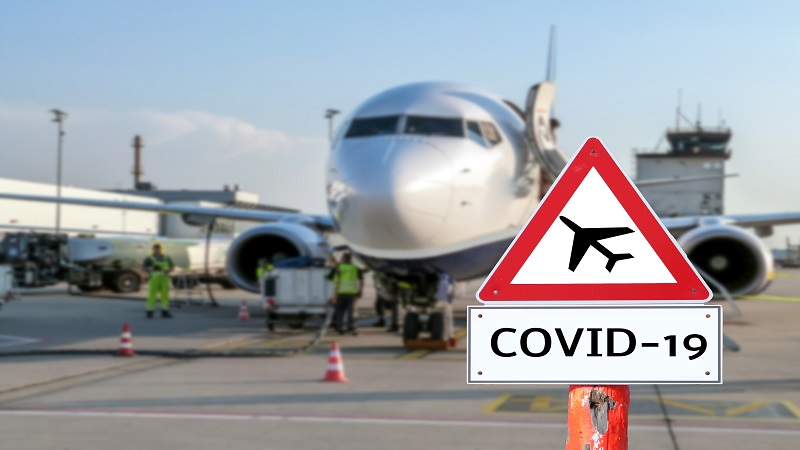Health Minister, Dr Zweli Mkhize, has expressed cautious optimism as the country’s Covid-19 cases take a dip and government bolsters efforts to prevent further transmission of the deadly virus.
Mkhize was speaking during an official welcoming of the first members of the World Health Organisation (WHO) surge team that has arrived in South Africa to reinforce the national Covid-19 response on Friday.
“We have seen in the past few weeks that we’re getting the country over the surge,” said the Minister.
The country is now recording an average of 3,000 daily cases from about 12,000 per day about a month or so ago. On the other hand, the number of tests has also been reducing.
“We started calling each other to ask if we’re missing something and what has happened to the tests? Our starting point was to talk to the laboratory services and ask if they have enough diagnostic kits to conduct the tests and they assured us that they have,” he said, adding that there is no backlog.
The major provinces that were carrying the highest burden of the virus are on a downward trend, while some have plateaued.
“We’re very optimistic, but we’re very cautious about it because we don’t know why that happened. While the surge was anticipated, the surge has happened in numbers that are much less than originally planned,” he said.
However, he believed that the lockdown had an impact in slowing down the spread.
“Nevertheless, we’re saying we remain cautious as we have so many more months to still traverse and be sure we’re over the problem.”
Mkhize said it looks like the country is over the peak even though the predictions project that there is still another two months of concern about a possible surge.
“We have received queries as to why there would be a need for the surge team if we are past the peak. The explanation is that we can never take anything for granted, we’d rather err on the side of caution,” he said.
“We have not passed anything yet; we’ll only know when we’re many months away from the positive cases being reported in the country.”
He urged people to keep up the levels of containment and continue to be vigilant.
“We do understand that there is a need for us to ensure that we balance the lives and the livelihood and we actually need to help communities to get into normality. But at the same time we do know that as we ease the restriction, so will the rate of infections increase,” he added.
He said people must adopt a new culture of social distancing and using of masks to prevent the person-to-person spread and avoid a resurgence that may wreak havoc.
With the 572,865 recorded infections in the country since the first case was reported in March, South Africa remains the fifth-highest positive cases in the world.
Mkhize said he was pleased that the WHO 16 team members would soon come to 43.
He said the team has begun an orientation to ensure there is the optimal alignment of programmes.
“The work of battling a pandemic does not begin and end and therefore we will be encouraging fluidity and agility and welcome the fact that they will be looking at our situation with fresh eyes and may be able to identify blind spots or offer a perspective we might not have considered.”
The experts are bringing a broad range of technical know-how that includes surveillance and streamlining of epidemiological systems; WHO global COVID-19 response guidelines; case management and expertise in communications and stakeholder engagement to increased community buy-in of public health measures.
Mkhizes urged all professionals, academics, frontline workers and members of society to embrace WHO’s interventions.
Meanwhile, he said, the government would focus on strengthening infrastructure, human resource development and quality of care.
“South Africa and many other nations have shown that it is possible, through multi-sectoral collaboration, to slow down the rate of infection and rebuild livelihoods after the initial devastation,” he said.
The biggest challenge is how to rebuild the economy to eliminate unemployment, poverty, food security, hunger and starvation.
“With this team buttressing our efforts we should further look for opportunities to emancipate the impoverished, the oppressed and the vulnerable using innovations that have emanated from the crisis.”
He said the team has shown the true meaning of Ubuntu for coming to South Africa’s rescue.
“If history will be altered, it should not be because some won and some lost because of the pandemic. It should be that we all held each other’s hands and pulled each other through the storm.”
Source: BusinessTech






 WhatsApp us
WhatsApp us 

